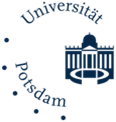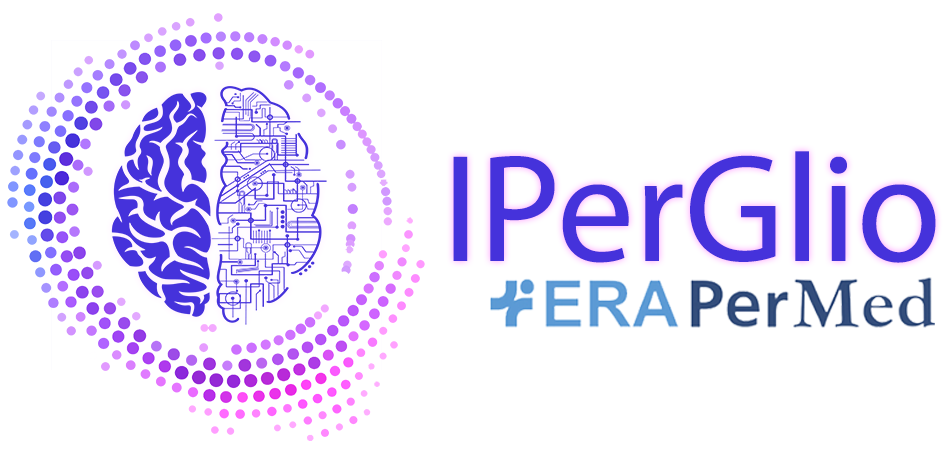The work packages (WP`s) in the project
Work package 1 (WP1)
Collecting patient material
and data
Dr. Else Marit Inderberg
IPerGlio Project Coordinator & Manager

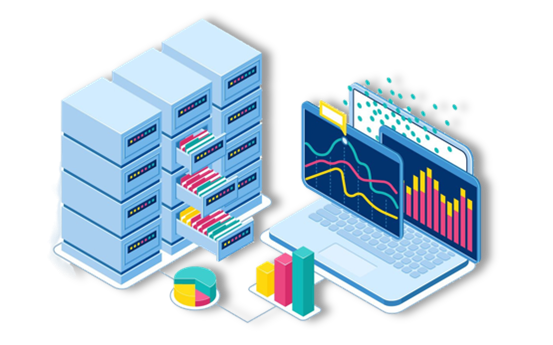
Glioblastoma is an open problem in cancer medicine, as neither preventive measures nor early diagnosis procedures are available and therapies are hardly effective. In this bleak context, the interplay between the host (i.e. the human body and the brain in which the tumour develops) and the tumour itself is a promising area of research. The main goal of the IPerGlio project is to explore the reasons why the ‘policemen’ of our body, our so-called ‘immune system’, are not able to fight glioblastoma effectively and to lay the foundation to change this situation. In work package 1, we will collect data on the clinical condition, lifestyle, psychological and dietary habits of 260 GBM patients treated in two large academic reference hospitals, Oslo University Hospital (Norway) and Fondazione Policlinic Gemelli in Rome (Italy). We will also collect biological samples from these patients. These data and materials will be analysed in detail in the other working groups of the IPerGlio project. Strict procedures will be established to ensure complete confidentiality of the data, including anonymisation of the data.
Work package 2 (WP2)
Finding out why immune cells do not recognise or attack glioblastoma tumour cells
Prof. Roberto Pallini

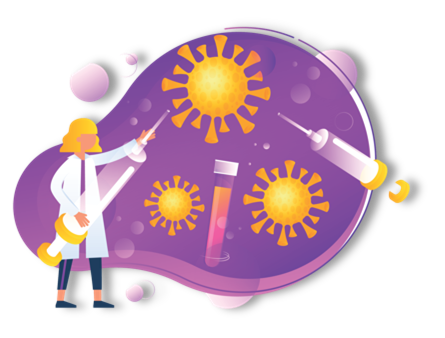
In the context of GBM research, a better understanding of immune profiles (i.e. how and how well a person’s immune system responds to cancer) is of great importance. It is now widely recognised that under pathological conditions, such as tumour development, immune cells are able to break through the blood-brain barrier, a strong filter around the brain that only allows certain substances from the blood to pass into the brain. However, these immune cells often fail to recognise and fight the tumour. This has to do with the way certain genes are expressed that serve as markers for the immune cells’ ability to function. Against this background, the main aim of WP2 is to investigate the comprehensive gene expression of immune cells in the tumour. This will be achieved by analysing blood and tumour samples obtained from patients participating in the research project. We expect to identify different immune profiles in individual patients, which will allow us to explore personalised treatment options using immunotherapy. Currently, immunotherapy is an effective and promising treatment option for many types of cancer.
Work package 3 (WP3)
Testing of tumour and immune reactions in selected patients
Dr. Lucia Gabriele

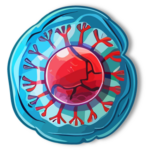
In WP3 of the IPerGlio project, we want to test which types of mutations are present in the tumour in selected patients from whom we have sufficient samples. Mutations in the tumour can make it easier for the immune cells to recognise the tumour because they distinguish the tumour from healthy tissue.
We will also grow immune cells from the tumours and test whether they can react against the tumour cells or the mutations found in the tumour cells. This can be tested in the laboratory by measuring molecules produced by the immune cells that elicit a positive immune response.
If this is the case, it could mean that the immunotherapy could enhance a natural immune response to become more effective.
Work package 4 (WP4)
Data integration through business intelligence
Dr. Antonio Cosma


In WP4, our main goal is to create a public database that brings together all kinds of scientific, clinical and environmental information collected by the IPerGlio consortium. We hope that this will enable other researchers to find out even more about GBM and the immune system’s response to it.
We always endeavour to keep the data clean and clear. That’s why we use specialised tools, primarily designed for the business sector, to help us see and understand the data better while ensuring we can make better-informed decisions. We will also ensure that this database is easy to search for all project participants.
It should be simple, clear and interactive so that everyone can find what they need and explore it in a visually appealing way.
Work packaget 5 (WP5)
Development of AI models that can predict an effective combination of treatment and immunotherapy
Prof. Marcos J. Araúzo-Bravo

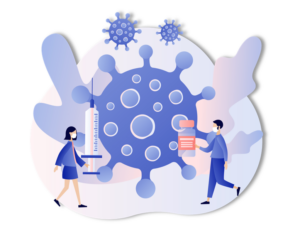
In the 5th work package (WP5) of the project, we will develop machine learning (ML) models using AI approaches to search and identify critical immune variables and LE factors relevant for GBM prediction. Since the specific data structure with a moderate number of samples and a high number of variables is not ideal for deriving ML models, multidimensionality reduction techniques, such as Local Interpretable Model-Agnostic Explanations (LIME), will be applied to develop models that are more robust for learning under a moderate number of sampling conditions, using our new Learning with Exceptions (LwE) technology. This approach will allow us to fit the data and reduce the dimension of the search space by identifying important variables through omics techniques.
Work package 6 (WP6)
Involvement of patients and stakeholders, ethical analysis of clinical research and the use of AI
Dr. Ruben Andreas Sakowsky


To ensure that IPerGlio research is conducted in an ethically responsible manner, we are organising two online conferences to reach out to different European stakeholders and learn from their perspectives. The two conferences will address two different ethical aspects:
(a) Ethical concerns regarding the publication of research data in a public database – in 2024
b) The relationship between AI systems and human healthcare professionals in decision-making and the impact of AI systems on the doctor-patient relationship – in 2025
Stakeholder Consensus Conferences (SCC) are an established deliberative approach to stakeholder engagement that allows different stakeholders such as representatives of patient organisations, healthcare professionals and experts to come together on an equal footing. SCCs bring together ten to twenty stakeholders, defined as representatives of actors likely to be affected by the outcomes and actions resulting from the project (e.g. healthcare professionals, patients, experts), and last several days. Through mutual learning and the exchange of arguments, participants are encouraged to come to a well-founded consensus and produce an outcome document in which they record their ethical recommendations.
As this is one of the first examples of the use of online technologies for SCCs, we will also gain valuable insights into future opportunities for online patient empowerment.
The subsequent ethical analysis will situate the SCC findings within the broader bioethics/data ethics debate. We will identify the ethical principles invoked by SCC stakeholders and explore the rationale for stakeholder perspectives. We will also explore the opportunities and challenges of online consultation to facilitate fruitful dialogue.
Work package 7 (WP7)
Project management and -coordination
Dr. Else Marit Inderberg
IPerGlio Project Coordinator & Manager


To achieve the IPerGlio objectives, we will ensure good communication between the project partners and the European Commission (EC) by creating a project management plan by month 3, maintaining regular communication via patient samples, shipments and data analyses, and holding bi-annual progress meetings both online and in person. We will develop a risk management plan to submit to the European Commission by month 6 and conduct a SWOT analysis to identify strengths, weaknesses, opportunities and threats for strategic decision making. We will produce annual and final scientific and financial reports, hold a kick-off meeting in the first two months to discuss the timeline and deliverables, produce three technical and financial reports and three interim reports for internal discussion, and disseminate scientific results and publications via a project website and social media. Deliverables include the project management plan, data and risk management plans, and annual and final reports for the European Commission.



